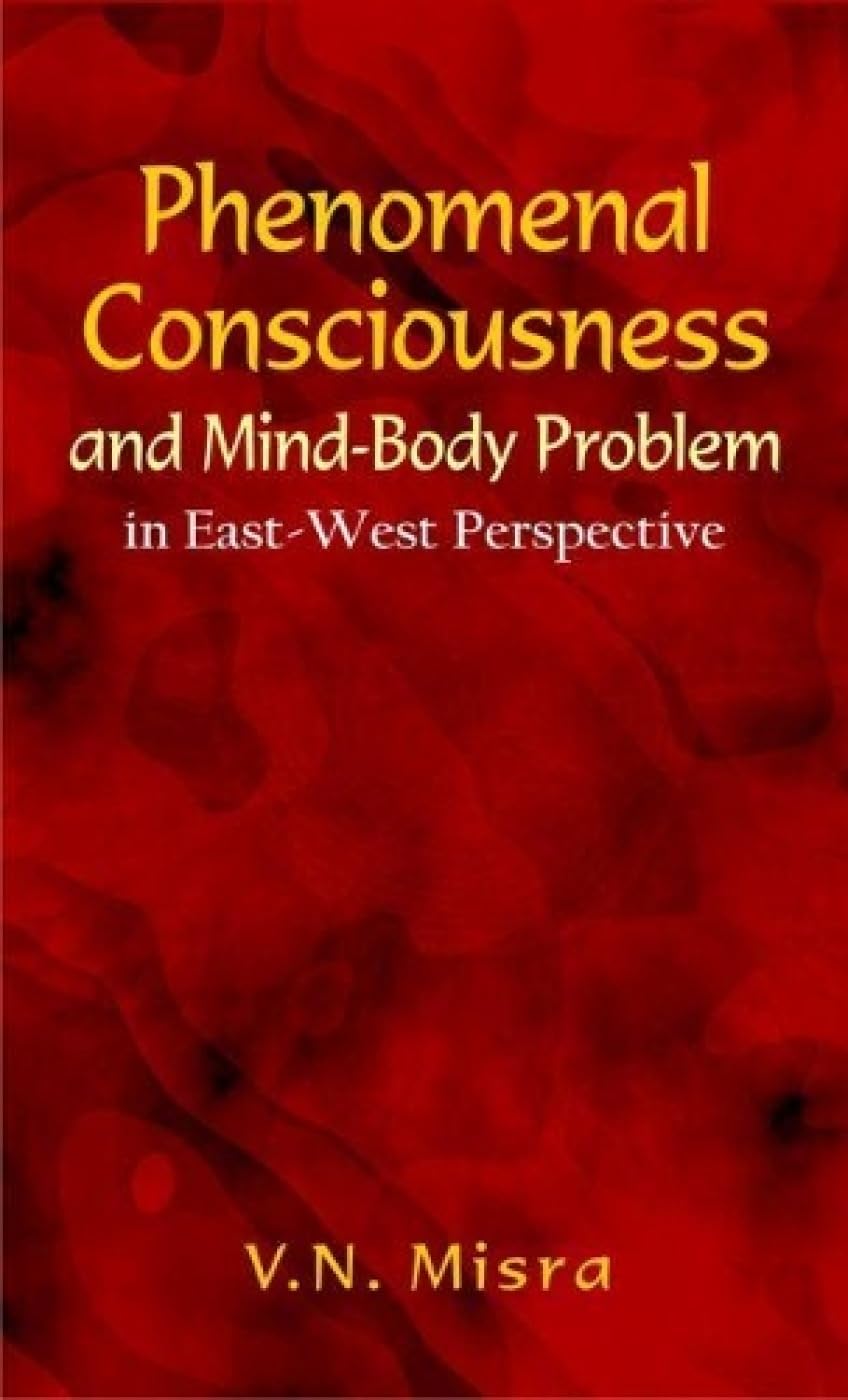Phenomenal Consciousness and Mind-Body Problem in East-West Perspective
Phenomenal Consciousness and Mind-Body Problem in East-West Perspective is backordered and will ship as soon as it is back in stock.
Couldn't load pickup availability
Genuine Products Guarantee
Genuine Products Guarantee
We guarantee 100% genuine products, and if proven otherwise, we will compensate you with 10 times the product's cost.
Delivery and Shipping
Delivery and Shipping
Products are generally ready for dispatch within 1 day and typically reach you in 3 to 5 days.
Book Detail
- Author: V. N. Misra
- Publisher: D.K. Printworld Pvt. Ltd.
- Binding: Paperback
- Number of Pages: 211
- Release Date: 01-01-2019
- EAN: 9788124609460
- Package Dimensions: 9.1 x 5.9 x 0.7 inches
- Language: English
Product Description
The problem of the explanatory gap in phenomenal consciousness has been a major issue in Western philosophy, primarily because consciousness and its manifestations are treated separately. In contrast, the Vedanta school of Indian philosophy asserts that phenomenal consciousness is merely a manifestation of self-consciousness, which is embodied in human beings. According to this perspective, phenomenal consciousness and self-consciousness are fundamentally the same, as the former depends on the latter—eliminating the explanatory gap.
A similar issue arises in Western philosophy concerning the mind-body problem, where the mind is often treated as synonymous with consciousness. This book addresses these philosophical challenges by integrating insights from Indian philosophy and the existential philosophy of Jean-Paul Sartre. In both these traditions, there is no explanatory gap in phenomenal consciousness, nor does the mind-body problem arise in the way it does in Western discourse.
This book is an essential read for scholars of philosophy, particularly those interested in Indian metaphysics, consciousness studies, and existential thought.
About the Author
Dr. V. N. Misra is a distinguished scholar in Indian philosophy, metaphysics, and consciousness studies. His work explores the intersections of Indian philosophical traditions and Western existential thought, offering fresh insights into age-old debates on consciousness and the mind-body relationship.





